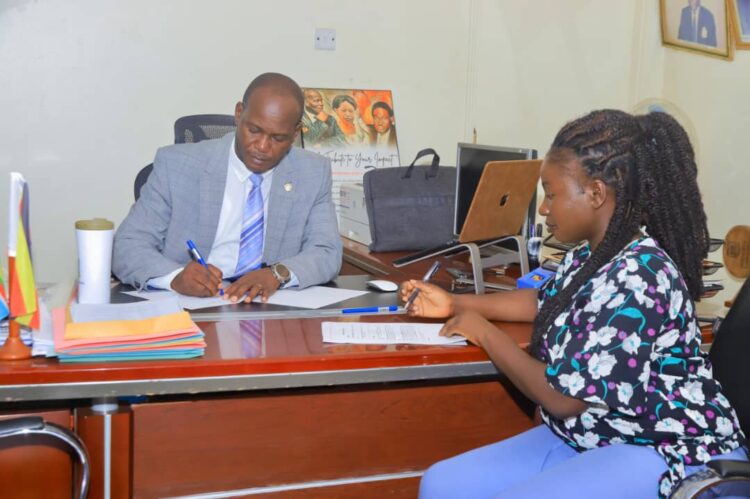BongoBongo Casino Aviator in Kenya is a popular online gaming platform that offers an exhilarating experience for casino enthusiasts. With a variety of games to choose from, players can enjoy thrilling options that keep the excitement alive. The Aviator game has particularly gained attention for its unique gameplay, where players can see a plane take off and cash out their winnings before it flies away. This adds an element of strategy and anticipation, appealing to both seasoned players and newcomers alike.
For those interested in exploring this exciting world of online gambling, you can find all the details you need by visiting their official website. Check it out here: https://bongobongobet.or.ke/. With user-friendly navigation and a secure environment, BongoBongo Casino ensures a seamless gaming experience, complete with attractive bonuses and promotions to enhance your play. Dive into the fun today!
The Odibet Kenya Aviator App is revolutionizing the online betting experience for Kenyan users. This innovative platform allows players to engage in thrilling games of chance right from their smartphones. The Aviator game, in particular, offers a unique blend of excitement and strategy, where players can watch a plane ascend and decide the perfect moment to cash out. With user-friendly navigation and a secure environment, the app makes it easy for both beginners and seasoned bettors to enjoy their favorite games.
For those looking to explore the features and get started, you can visit their official website at https://odibet.ne.ke/. The app also provides regular updates, promotions, and bonuses, ensuring that users have ample opportunities to maximize their winnings. Whether you’re at home or on the go, the Odibet Kenya Aviator App is your gateway to thrilling betting adventures!


















Discussion about this post